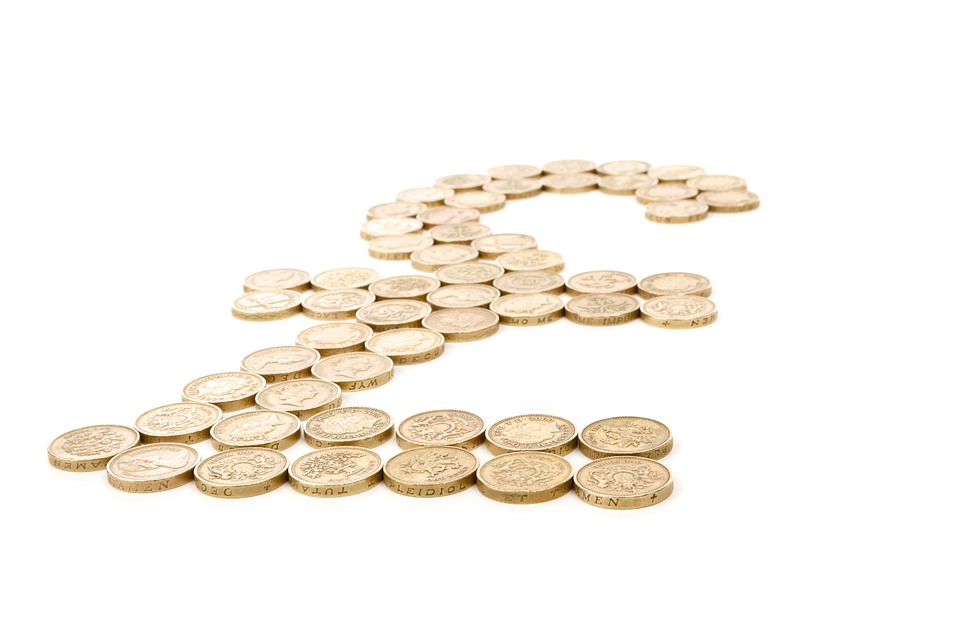The pound edged higher on Friday as strong British retail sales lifted sentiment, though investors were considering the consequences of a Brexit vote defeat in parliament for Prime Minister Theresa May.
On a weekly basis, the British currency was set for its third consecutive drop. Analysts said the latest parliamentary loss for the government, although on a symbolic vote, indicates May does not have the support of her lawmakers.
With less than six weeks before the March 29 exit date, May has stepped up efforts to convince the European Union to grant her concessions.
“The constant Brexit can-kicking has also increased the risks of a disorderly exit,” strategists at BNP Paribas said in a daily note.
May has promised that if parliament has not approved a deal by Feb. 26, she will make a statement updating lawmakers on her progress on that day and lawmakers will have an opportunity on Feb. 27 to debate and vote on the way forward.
For a factbox on what happens next, see
The pound was set to end the week on a cheerful note as data showed British retail sales rebounded in January, shaking off some of the recent gloom over the UK economy as the Brexit departure date nears.
After bouncing following the sales release, the pound held near the day’s high of $1.2839 in afternoon European trade, up 0.2 percent at $1.2824.
It performed even better against the euro, rising half a percent to 87.84 pence per euro at one point.
The euro’s decline accounted for much of the move, though. The euro fell after a European Central Bank board member said policymakers were discussing whether to issue new multi-year cheap loans to banks.
RATE HIKE BETS FALL
Dwindling expectations that the Bank of England will raise interest rates this year have weighed on the pound in recent days. Swap markets indicate a 28 percent probability rates will rise, compared with 30 percent earlier this week.
Derivatives markets painted a slightly more cautious picture for the pound, with one-month implied volatility picking up from December lows and rising to 9 vol on Friday.
Risk reversals, a market gauge of the ratio of puts to calls on a currency, indicate investors are leaning towards buying options to protect themselves against further downside in the British currency.
Source: UK Reuters

